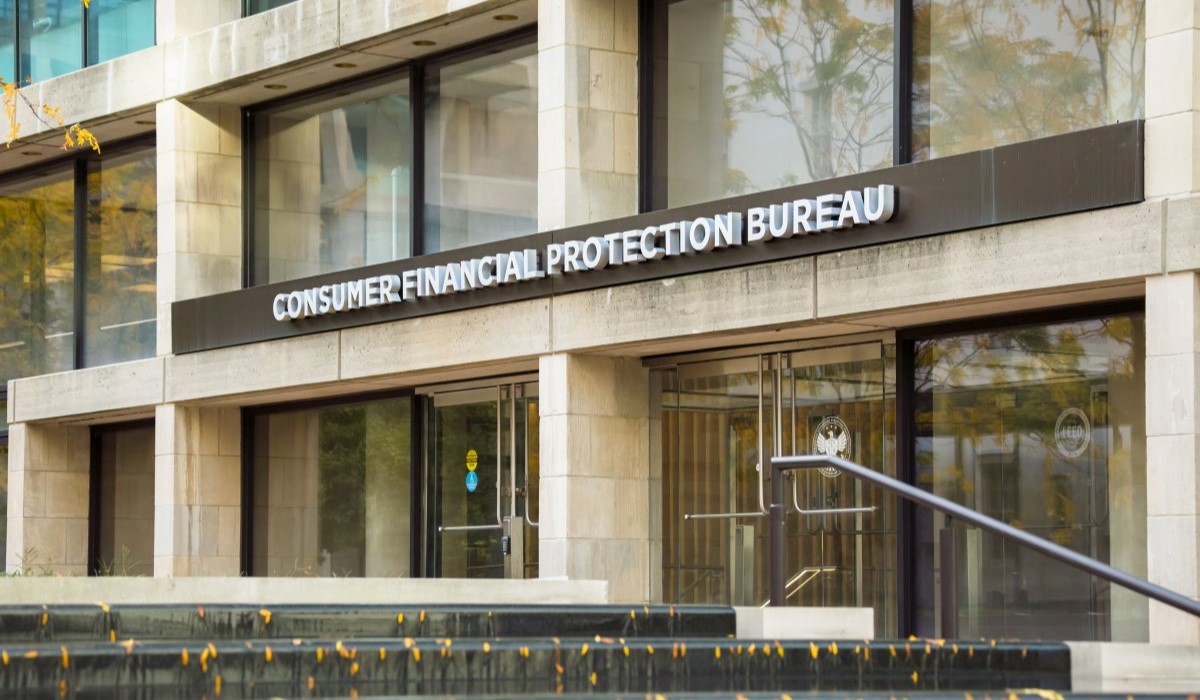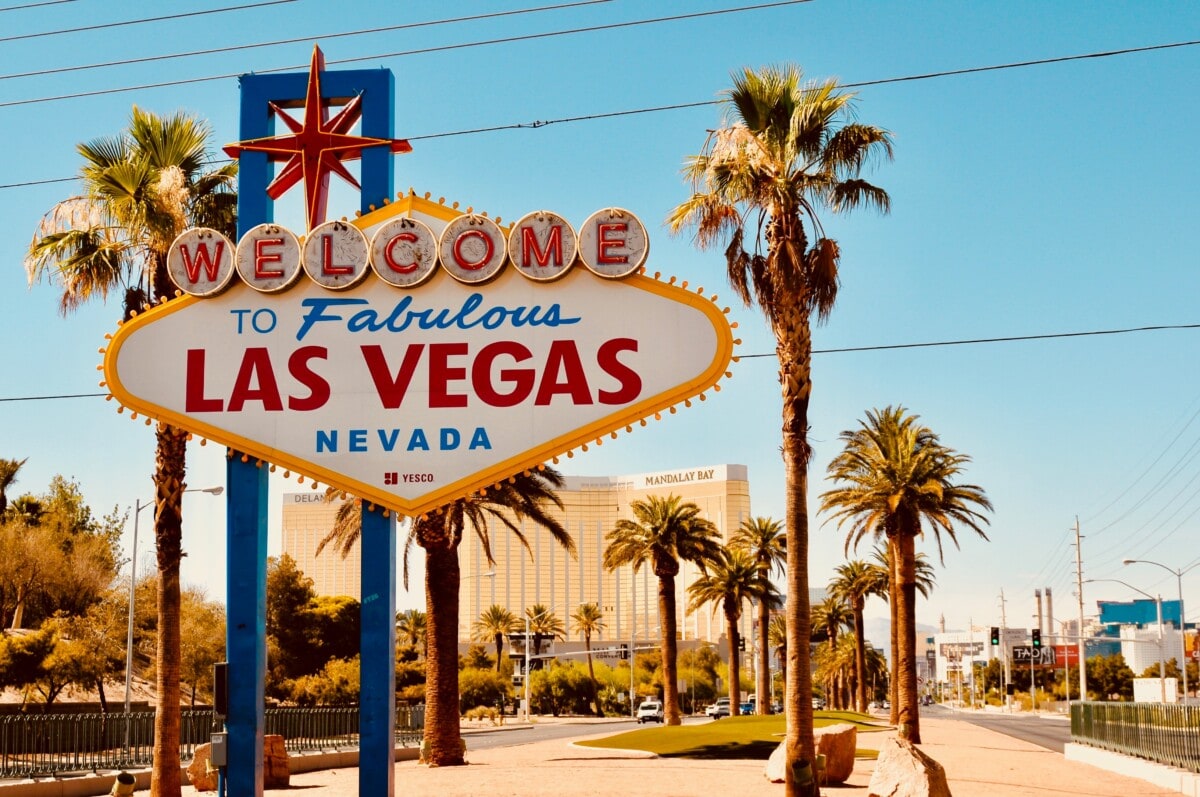The decision from the Reserve Bank of Australia (RBA) this week to keep the cash rate on hold at 4.35% has sparked further debate about who is to blame for Australia’s interest rate hell.
RBA governor Michele Bullock yesterday confirmed the bank “didn’t explicitly consider a rate cut or a rate rise” this month but remained tight-lipped on whether relief would come in February or later in the second quarter.
The 4.35% cash rate has been held in place since November last year as the nation continues to battle inflation uncertainty and contend with geopolitical pressures and domestic economic concerns.
“Growth exploded so strongly coming out of the pandemic,” Ms Bullock said this week. “We want to bring inflation down in a way that doesn’t cause a spike in unemployment.”
While inflation has fallen to 2.1%, the trimmed mean number the bank uses for decision-making came in at 3.5% in October, up from 3.2% in September and outside the RBA’s 2%-3% target range.
Despite this, the RBA’s post-board meeting statement yesterday was a U-turn on the bank’s prevailing messaging on rates.
Governor Michele Bullock says the Reserve Bank of Australia board is starting to gain confidence in the fight against inflation. Picture: John Appleyard
The bank said it was “gaining some confidence” that core inflation was moving as predicted, a message also backed up by treasurer Jim Chalmers.
“The board wanted to send the message that it's seen some of the data that is a bit softer and on balance, a bit softer than we had expected,” Ms Bullock explained.
“I don’t want to give the impression we react to one number and one number only,” she added. “The board wants to convey its opinion evolves as the data evolves. Our forecasts do see inflation gradually coming down over the next year.”
Ms Bullock was quick to confirm the bank was not sending a message that the battle against inflation has been won.
“We are saying we’ve got a little bit more confidence that things are evolving as we think in our forecasts,” she said.
Chalmers’ ‘theatrics’
The RBA’s decision not to reduce rates yesterday has put Mr Chalmers back in the Greens’ firing line, with the party accusing him of failing to pull leavers to provide relief for mortgage holders.
The Greens say treasurer Jim Chalmers should be taking advantage of the RBA's upcoming board reform to influence movement in the economy. Picture: NCA NewsWire/John Gass.
It comes after the party agreed to a deal with Mr Chalmers and the senate crossbench to push through a reform of the RBA’s board, vastly increasing the treasurer’s opportunity to leverage action through making his own appointments at the central bank.
“There are any number of things treasurer Jim Chalmers could do, but he is again just wringing his hands and doing is ashen-faced theatrical performance,” the Greens Party said in a statement.
The Greens argue downward pressure on inflation could be achieved through profits tax on corporation, freezing rents and making price gouging illegal.
“Labor’s refusal to act means the RBA feels compelled to leave interest rates higher for longer.
“The Greens saved section 11 in the Reserve Bank Act precisely so the treasurer could override the RBA when necessary. Now is the time.”
Private sector concern
Over in the Liberal Party, shadow treasurer Angus Taylor said yesterday’s decision from the bank should instead be viewed positively.
“It will be a relief for those with a mortgage that interest rates haven’t gone up,” he said. “It’s clear that this economy is sick and a doctor of spin is not going to fix it. You don’t fix a sick economy with a spin.”
Indeed, Ms Bullock used recent Committee for Economic Development of Australia event in Sydney to issue a warning about stagnant growth in the private sector, cautioning the economy “can’t be tossed into the abyss” in order to reduce inflation.
The governor toed a similar line in her messaging in yesterday’s post rate-decision press conference, issuing a warning about government spending in the lead up to next year’s federal election.
“[Mr Chalmers] needs to be thinking about that because he, like me, understands that inflation is really what’s hurting people at the moment,” she said.
Competing relations were back in the spotlight again too, with Ms Bullock speaking on whether she believed the bank was on the same page as the government.
Treasurer Jim Chalmers accused the Reserve Bank of "smashing the economy" with interest rates back in September. Picture: Getty
“When I speak to the treasurer, I believe him when he tells me he is absolutely on the same page,” she said. “I can’t speak for the government, but I do believe that governments have a tough job. They have got a lot of balls to balance, a lot of services to provide, and they’ve got to find ways of doing that because the public expects that.
“Having said that, I do think they are conscious of inflation implications and I think that is why they have tried to approach things like rebates in the way they have done.”
Almost 19 months on from the independent review into the RBA, Ms Bullock acknowledged “the concept of coordination” with the government remains “a little challenging”.
“I don’t want to tell the government what their fiscal policy should be and we don’t really want the government telling us what to do with interest rates,” she said.
It comes after Mr Chalmers yesterday said he was planning on an increase in government spending however, noting an almost $2bn estimates variation in the budget which will be earmarked for managing natural disasters.
Treasurer Jim Chalmers says spending on summer storm season is an unavoidable cost for the government. Picture: Getty
Speaking at a press conference in Queensland, the treasurer called the spending “unavoidable”, adding government’s relationship with the governor was “very respectful” and that he does not “second guess decisions” the bank has made.
“We’ve made it clear that I am focused on my job, which is being helpful in the fight against inflation without ignoring the substantial risks to growth,” he said. “We are making very substantial growth in the fight against inflation and that is made very clear in the RBA’s statement today.
“The statement makes it clear that the board is gaining some confidence. We are making welcome and encouraging progress.”
Mr Chalmers added there is “always a premium on responsible economic management” but held off on fueling the fire further.
“The governor and her board have a job to do, and I have a job to do,” he concluded.



















 English (US) ·
English (US) ·